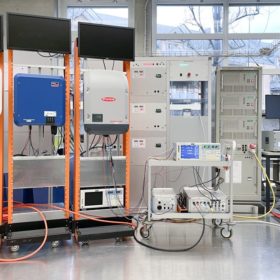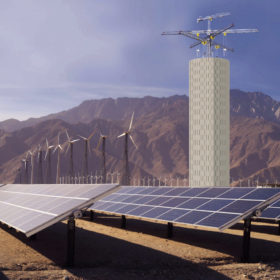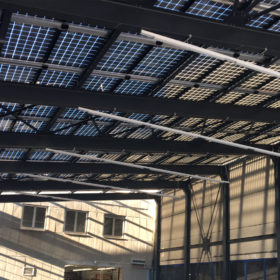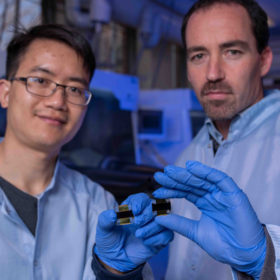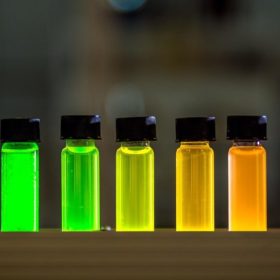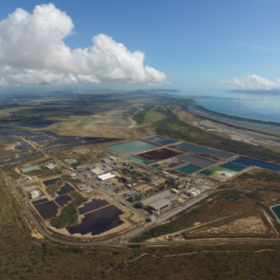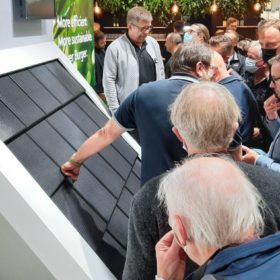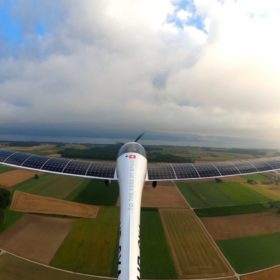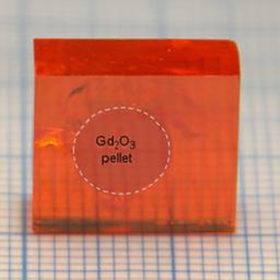Survey shows 34.3% failure rate for residential inverters over 15 years
The Bern University of Applied Sciences in Switzerland has published the initial results of a survey on the durability and performance of residential PV inverters and power optimisers over a 15-year period. They found that more than 65% of the inverters did not present yield-relevant faults by their 15th year of operation.
Proposed 330 MW Victorian solar farm opts for 500 MWh Swiss battery
Swiss energy storage company Energy Vault has been awarded the contract to supply the in development 330 MW Meadow Creek Solar Farm in Victoria with a 250 MW/500 MWh battery energy storage system.
Megasol reveals new solar PV in-roof system
Swiss module manufacturer Megasol has unveiled a novel rooftop PV system in two variants — full-black and translucent. The installation consists of vertical supports, a ridge profile, and solar modules.
Energy Vault signs deal with India for gravity-based energy storage
Switzerland’s Energy Vault will support Indian state-run power producer NTPC by deploying its gravity-based energy storage technology and software solutions.
Australian researchers claim solar cell efficiency record
Researchers at the Australian National University say they have set a perovskite solar cell efficiency record at 22.6%. This efficiency, however, appears to be lower than that achieved in January by a group of Swiss and Korean researchers who used quantum dots to achieve an efficiency of 25.7% in an area of 0.08cm2 and 23.3% in 1cm2.
Quantum dot layer pushes perovskite solar cell efficiency up to 25.7%
Researchers in Switzerland have replaced the electron transport layers in perovskite solar cells with a thin layer of quantum dots. On an area of 0.08cm2, they achieved a record efficiency of 25.7% and high operational stability.
Korea Zinc invests in gravity storage developer Energy Vault
Korea Zinc, non-ferrous metal smelting company, has agreed to invest $50 million in Energy Vault, a Switzerland-based gravity storage specialist, in order to use its tech to decarbonise its refining and smelting operations in Australia.
Meyer Burger unveils new solar tiles
Meyer Burger plans to start selling a new building-integrated PV product from 2022. It says the solar tiles have a high energy yield, with simplified installation and the ability to also provide heating. German engineering company paXos designed the tiles.
Solar-powered airplane to reach the stratosphere
The airplane is powered by 22 square meters of solar cells with an efficiency of up to 24% and 14 kWh of lithium-ion batteries. According to its creators, it can reach an altitude of 25,000m.
Perovskites can also detect nuclear radiation
Scientists in Switzerland found that perovskites can be used to detect thermal neutrons emitted by radioactive devices. Taking advantage of several properties that also make the materials attractive for solar cell applications, the group was able to fabricate a novel device that could have various practical applications, including in energy generation.
